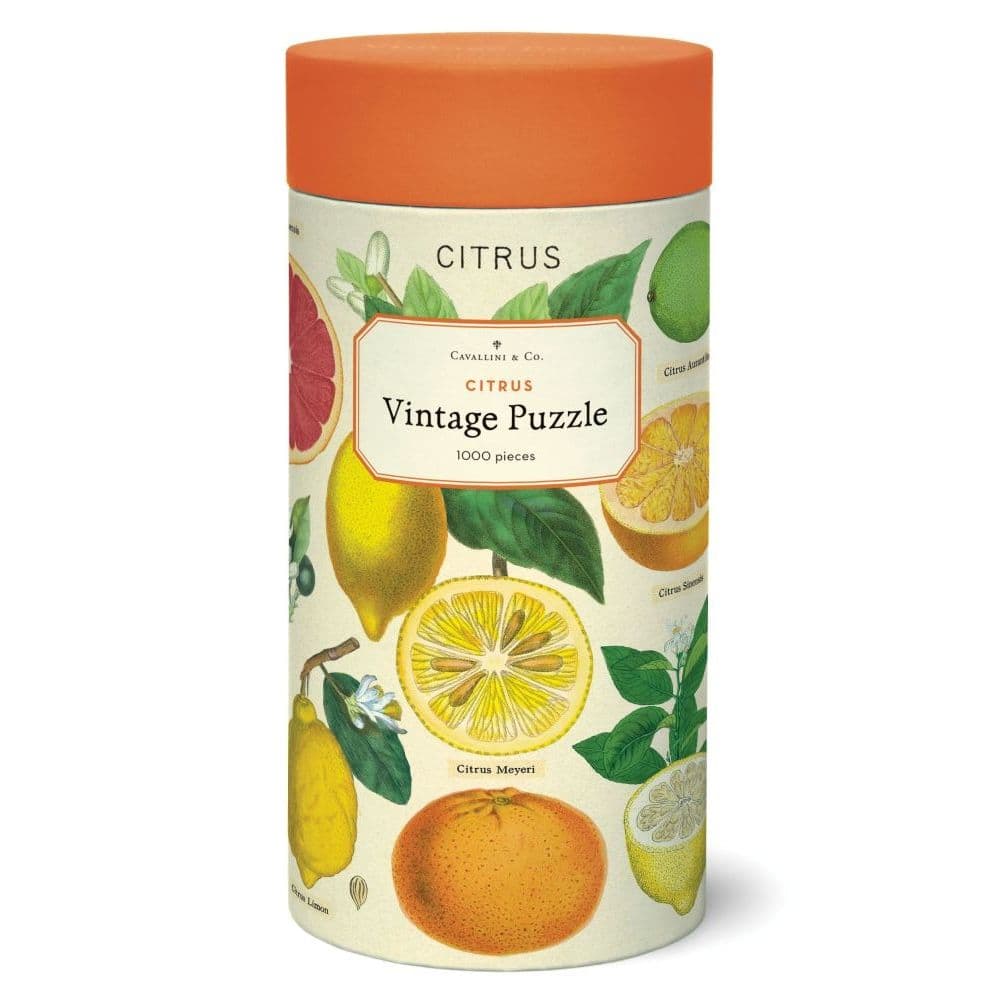In a fast-paced world filled with distractions and pressure, finding simple ways to reduce stress and boost focus is essential. One surprisingly effective method? Puzzles. From jigsaw puzzles to logic games, the benefits of puzzles go far beyond entertainment. The act of piecing things together can do wonders for your mental health. Let’s explore how puzzles can transform your state of mind — and your brain.

Why Puzzles Are More Than Just a Hobby
At first glance, puzzles may seem like a relaxing pastime. However, they also serve as powerful brain-training tools. Studies show that engaging in puzzles stimulates both the left and right sides of the brain, enhancing logical thinking and creativity at the same time (source).
Moreover, puzzles provide a break from the overstimulation of screens and digital content. When you focus on a puzzle, your mind naturally shifts into a calm and concentrated state.
“Doing puzzles helped me through a difficult time in my life,” wrote one user on a mental health forum. “I was overwhelmed, anxious, and couldn’t concentrate. But when I started working on a 1000-piece jigsaw every evening, my anxiety levels dropped. It was like meditation.”
From Overthinking to Zen: Puzzles as a Stress-Relief Tool
How Puzzles Help You Stay Present
One of the main reasons puzzles are so effective at reducing stress is that they force your brain to be in the moment. Instead of worrying about what happened earlier or what might go wrong tomorrow, you’re focused on the here and now. This kind of mindfulness — being fully present — has been shown to lower cortisol levels and support emotional regulation (source).
Many puzzle enthusiasts describe the process as meditative. It’s quiet, repetitive, and rewarding. Completing even a small section gives your brain a shot of dopamine, the «feel-good» hormone.
Real-Life Story: Finding Calm in the Chaos
During the early days of the pandemic, Sarah, a graphic designer from New York, struggled with anxiety and insomnia. “I couldn’t sleep, couldn’t focus, and every headline made it worse,” she says. “Then someone gifted me a puzzle — a beautiful mountain landscape. I didn’t expect much, but once I started, I noticed I was breathing more slowly. My racing thoughts slowed down too.”
Now, she completes a puzzle every few weeks and even hangs her favorites on the wall.
What Puzzles Can Do for Your Brain (Besides Calming You Down)
Improved Memory and Cognitive Function
Doing puzzles regularly can help improve short-term memory. You’re constantly recalling shapes, colors, and positions. Over time, this strengthens your brain’s ability to retain and process information.
In fact, a study published in Frontiers in Aging Neuroscience found that adults who regularly do puzzles and brain games showed significantly higher cognitive performance than those who didn’t (source).
Enhanced Problem-Solving Skills
Every puzzle presents a challenge. Whether it’s fitting pieces together or solving a riddle, puzzles require you to look at problems from different angles. This builds flexibility in thinking and strengthens decision-making abilities.
These benefits are particularly valuable in everyday life. In fact, the benefits of puzzles extend into your daily routines — helping you navigate stressful situations with more clarity and confidence — all thanks to your regular puzzle habit.
From Screens to Sanity: A Healthier Way to Unwind
We often turn to phones or TV after a long day. But passive screen time doesn’t recharge our brains. Puzzles, on the other hand, offer active relaxation.
You’re still giving your mind a break — but in a way that builds focus and mental endurance. Over time, you might even notice that your attention span improves, along with your patience.
Tip: Looking for beautiful, challenging, and themed puzzles? Calendars.com offers an incredible selection for all ages and interests — from scenic landscapes to quirky animal puzzles.
Creating a Puzzle Routine: How to Make It Stick
Start Small, Stay Consistent
Begin with a 300- or 500-piece puzzle. Set aside 20–30 minutes in the evening. Over time, you’ll notice that you start to look forward to your puzzle time. It becomes your personal sanctuary.
Make It a Family or Couple Activity
Puzzles are also great for bonding. Sit down with a partner, child, or friend and work on something together. It sparks conversation and teamwork, all without the need for screens or distractions.
Bonus: Calendars.com even has puzzles designed specifically for families and kids. These make perfect gifts that
More Than a Trend: A Brain-Healthy Lifestyle
As we continue to learn more about mental health and brain plasticity, puzzles are gaining recognition from scientists and therapists alike. They’re not just something to do on a rainy day — they’re tools for mental fitness.
Whether you’re navigating daily stress, recovering from burnout, or simply want a brain-boosting hobby, puzzles can provide calm, focus, and joy.
Final Thoughts: Try It For Yourself
Still wondering about the benefits of puzzles? The best way to find out is to start. You don’t need any special skills. All you need is a table, a little time, and a puzzle that inspires you.
Start small, stay consistent, and let your brain do the rest.
Key Takeaways
- Puzzles improve focus, memory, and stress resilience.
- They offer a mindful break from digital overload.
- Personal stories and scientific studies confirm their benefits.
- Building a daily or weekly puzzle habit can support long-term mental health.
- Calendars.com is a great place to find puzzles for yourself or as a thoughtful gift.
The Role of Hobbies and Creativity in Maintaining Mental Health

I’m Victoria, the creator behind Eva My Balance. Passionate about beauty, wellness, sustainable living, and mindful self-care. My mission is to inspire you to live consciously and beautifully—inside and out.



